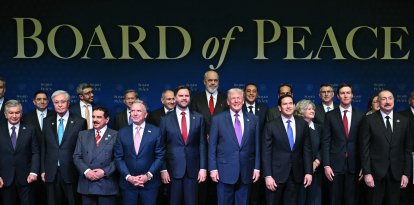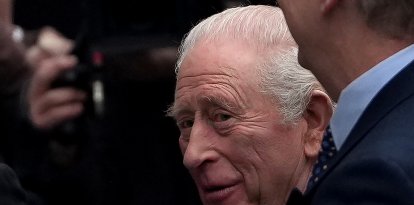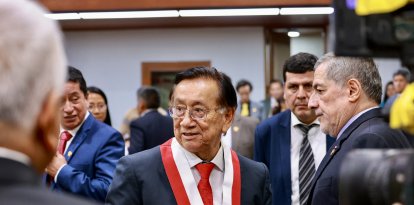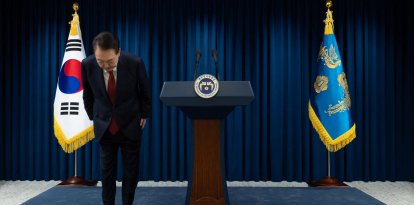Volkswagen to abandon its facilities in China's Xinjiang region amid allegations of forced labor
Due to apparent human rights abuses, the U.S. currently bans imports of products from the area.

Volkswagen factory near Shanghai.
Automaker Volkswagen announced the closure of its operations in a Chinese region where complaints abound against the Chinese government for subjecting the Uyghur ethnic minority to forced labor.
The German company has had a presence in Xinjiang for more than a decade. Until now, it had an assembly plant and test tracks in Urumqi. The company assured that the decision was made for "economic reasons." and that it was part of a "realignment."
Volkswagen works in Chinese territory in partnership with SAIC Motor, a Chinese state-owned company based in Shanghai. The announcement does not mean the end of the partnership. Although the European automaker has always denied the allegations, activist groups accused it of resorting to forced labor.
The United States currently bans the import of products from this Asian region due to evidence of human rights abuses.
The president-elect would maintain this policy: in one of the last acts of his first term, Donald Trump's administration accused China of "genocide and crimes against humanity." For his second cabinet, Trump nominated two vocal critics of the persecution of the Uyghurs: Sen. Marco Rubio as secretary of state and Rep. Michael Waltz as national security advisor.

























